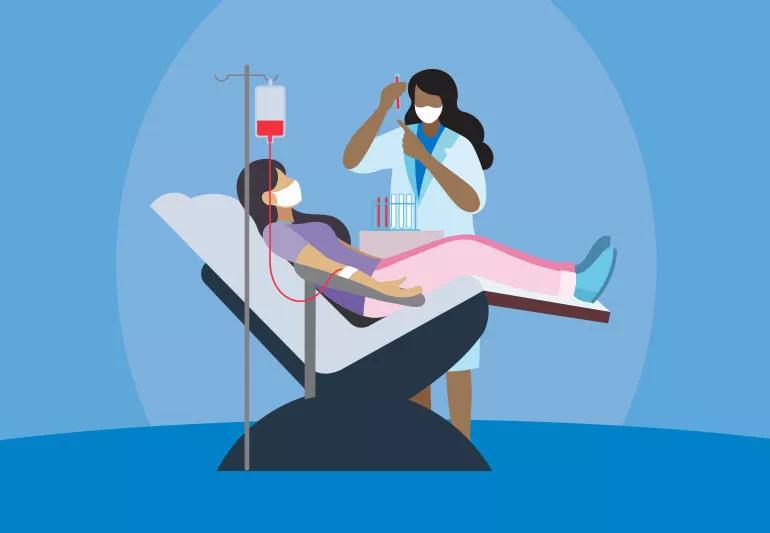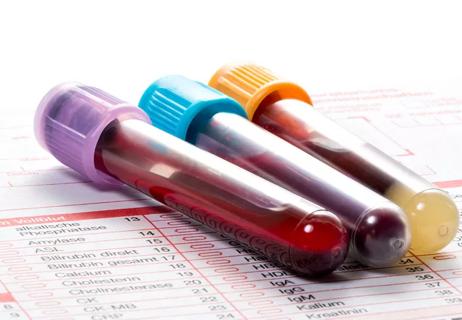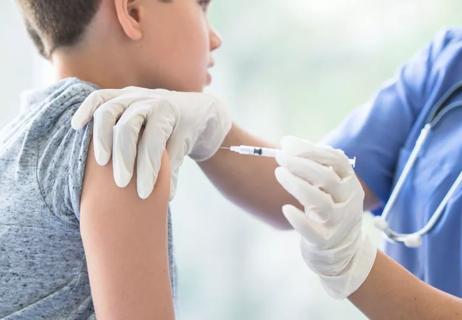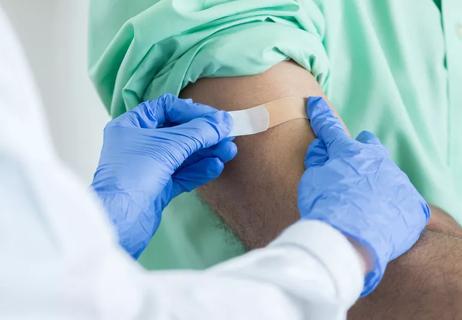Advertisement
Safety protocols for donation amid coronavirus

With stay-at-home orders in place for many states, businesses in every industry are feeling the impact of the coronavirus (COVID-19) pandemic. This is especially true for blood collection organizations, like the American Red Cross and other independent agencies.
Advertisement
Cleveland Clinic is a non-profit academic medical center. Advertising on our site helps support our mission. We do not endorse non-Cleveland Clinic products or services. Policy
An unprecedented number of blood drives were canceled during the first few weeks of the coronavirus outbreak, as colleges and companies shut down. All of the cancelations and closings resulted in a severe need for blood donations.
Blood donation is essential for hospitals to be able to take care of those who need it. The demand for blood products (blood, platelets and plasma) is constant, even when the world isn’t in the midst of a global pandemic.
The shortage and need for blood has left many wondering if it’s still safe to donate, despite COVID-19.
“It’s crucial for people to continue to donate blood right now so that hospitals have an adequate supply to help those who need it,” says infectious disease specialist Frank Esper, MD. “Blood collection agencies are absolutely adhering to good social distancing practices and have the donor’s safety at the forefront.”
So what’s being done at blood drives to protect the donors and workers?
Currently there is no data or evidence that the coronavirus can be transmitted by blood transfusion.
Blood donation agencies are committed to the highest standard of safety and infection control to keep healthy donors just that – healthy.
Even in areas that have been issued stay-at-home or shelter in place orders, you can still leave your home to go donate blood.
How often can you donate?
Unfortunately, a myth about getting tested for COVID-19 at donation sites has been circling around.
Advertisement
Your temperature will be checked and you’ll be screened verbally for symptoms, but you will not be tested for COVID-19 when you donate blood.
You’ll be asked about symptoms and signs of infection. And you’ll be asked if you’ve been around anyone else who may have a viral infection — and if you have, you’ll be asked not to donate at that time.
“Unfortunately we just don’t have enough tests out there right now,” says Dr. Esper. “So no, you will not get a nose or throat swab when you go to donate blood.”
With many people cooped up inside and wondering what to do or how to help, donating blood is a great contribution, says Dr. Esper.
People still have cancer and need blood. Car accidents are still happening. People still need blood for reasons that don’t have anything to do with the coronavirus.
So if you’re wondering how you can help during the pandemic — donate blood if you’re healthy and eligible.
Advertisement
Learn more about our editorial process.
Advertisement

Your veins might look blue, but that’s not the color of the blood flowing inside

Don't lose sight of the other health threats children face

The short answer from an infectious disease specialist

Here’s how to shop safely

The short answer from an infectious disease specialist

Keep the area clean and monitor your incision site for discharge, odor or a change in appearance

The medication is ineffective and — in the case of animal ivermectin — potentially dangerous

Focus on your body’s metabolic set point by eating healthy foods, making exercise a part of your routine and reducing stress

PFAS chemicals may make life easier — but they aren’t always so easy on the human body

While there’s little risk in trying this hair care treatment, there isn’t much science to back up the claims